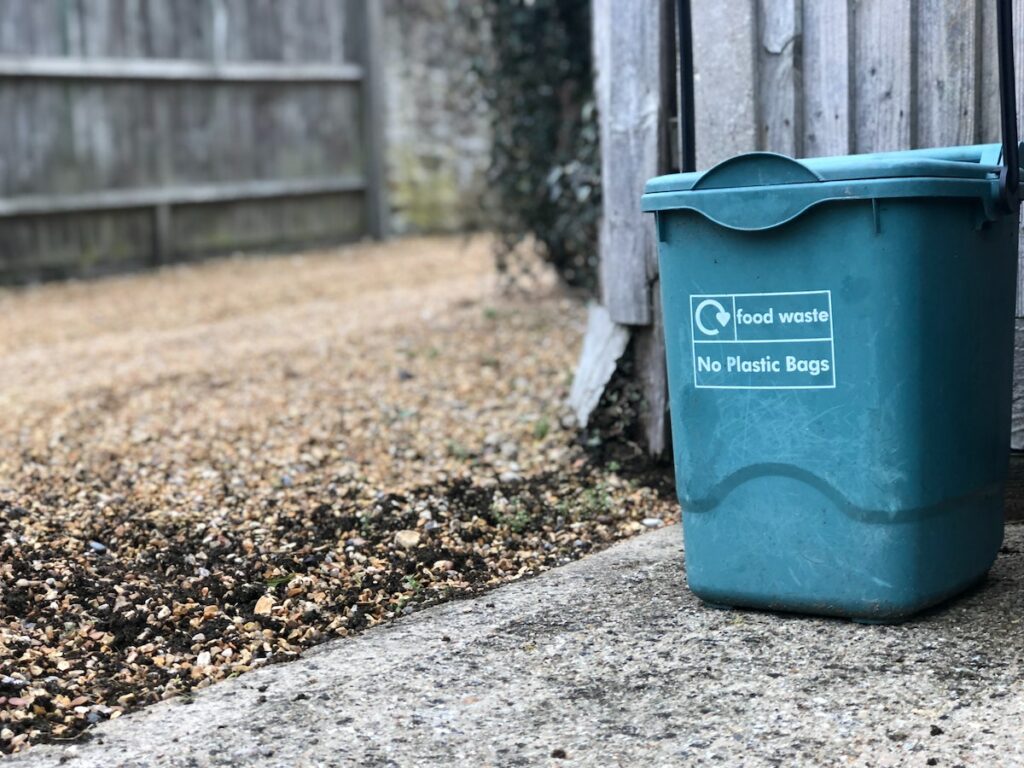Cape Town’s Home Composting Project

We wrote about the City of Cape Town conducting a study around introducing home composting as a waste management solution in this article.
The study has passed its midpoint and “although the results reflect varying levels of participation among the registered households, the amount of organic waste diverted from landfill is encouraging.”
The rate of participation in the composting project is 24% but an average of 18kg of waste per household per month was diverted from landfill in the participating households.
The project is being run across households in low income and middle income brackets. The rate of participation was much higher in the middle income households and so was the amount of waste diverted from landfill. The report didn’t mention any specific problems but said that they are looking into what affects a household’s potential to participate.
There are many benefits to home composting for the city and the household:
- Around 90% of landfill emissions are from organic material that could be composted
- When organic material is composted, it acts as a carbon ‘sink’, returning carbon to the soil
- Mulching reduces water use by up to 70%
- Compost improves soil’s water-holding capacity, reducing water needs
- Compost and mulching improve plants’ drought resistance
- Mulches and compost reduce run-off, erosion and pollution
- Composting reduces the quantity of waste material sent to landfill, reducing impacts on local environments and communities
- Compost and mulch can make your garden healthier and more productive
